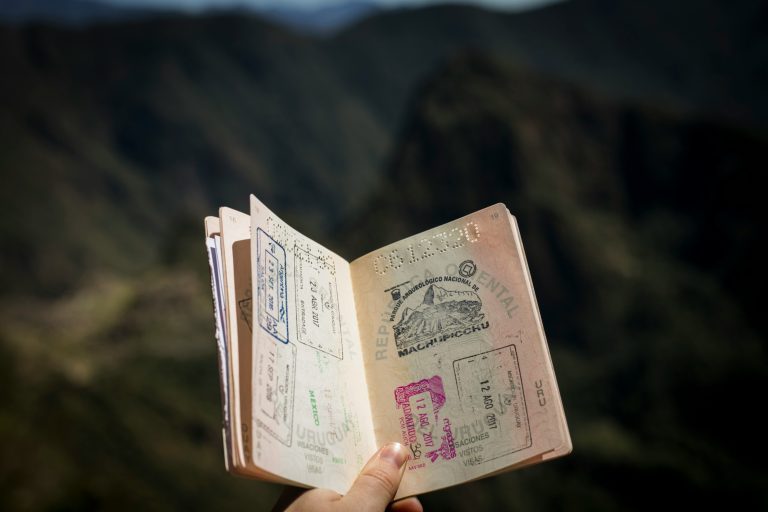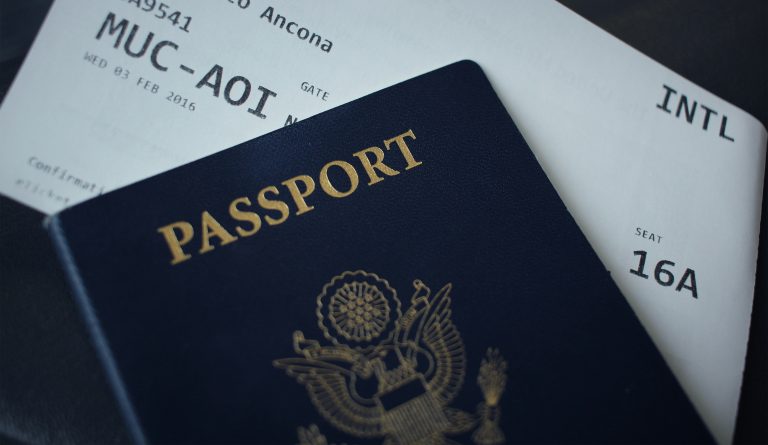Work Permits Europe

As the world becomes increasingly interconnected, it’s no surprise that employers are looking to tap into talent pools beyond their own borders. Hiring workers from Europe can be an attractive option for businesses seeking skilled and diverse professionals. However, navigating the complexities of work permits can be a daunting task, with each country having its own unique set of rules and regulations. In this guide, we’ll provide an overview of work permit requirements in some of Europe’s most popular destinations, including Germany, Netherlands, Lithuania, Switzerland, and the Czech Republic. By understanding the nuances of these work permits, employers can make informed decisions and successfully navigate the hiring process.
Germany is a popular destination for international workers, with a thriving economy and a high demand for skilled professionals.
- Germany offers several types of work permits, including the EU Blue Card for highly skilled workers, the Skilled Workers Immigration Act for those with vocational training, and the Temporary Residence Permit for non-EU citizens seeking short-term employment opportunities.
- To obtain a work permit in Germany, applicants will need to have a job offer in place and meet certain qualifications and language requirements.
- An application to the German Federal Employment Agency also needs to be submitted.
- The process for obtaining a work permit in Germany can take several weeks or even months, and may involve an interview and additional documentation.
The Netherlands is another attractive destination for international workers, with a diverse economy and a high quality of life.
- The Netherlands offers several types of work permits, including the Highly Skilled Migrant Program for those with specific skills and education, the Intra-Corporate Transfer Permit for employees of multinational companies, and the Orientation Year Permit for recent graduates.
- To obtain a work permit in the Netherlands, applicants will need to have a job offer in place, meet certain salary and educational requirements, and pass a tuberculosis test.
- The process for obtaining a work permit in the Netherlands typically takes around two to four weeks, but may take longer in some cases.
Lithuania a offers significant potential for companies seeking to expand their international presence, with its favorable business regulations and tax policies, highly educated workforce, government backing, and thriving financial and technology industries.
- Lithuania offers several types of work permits, including the EU Blue Card for highly skilled workers, the Temporary Residence Permit for those seeking temporary employment opportunities, and the Lithuanian Language and Integration Program for those who wish to obtain a work permit while learning the Lithuanian language.
- To obtain a work permit in Lithuania, applicants will need to have a job offer in place, meet certain qualifications and language requirements, and obtain a medical certificate.
- The process for obtaining a work permit in Lithuania can take up to three months, and may involve an interview and additional documentation.
- Swiss workers are highly skilled, with many holding degrees from higher learning institutions, making them prime hires.
Switzerland offers several types of work permits, including: - L Permit for short-term employment opportunities
- B Permit for longer-term employment,
- C Permit for permanent residence.
To obtain a work permit in Switzerland, applicants will need to have a job offer in place, meet certain qualifications and language requirements, and pass a health examination.The process for obtaining a work permit in Switzerland can take several weeks or even months, and may involve an interview and additional documentation.
- The Czech Republic offers several types of work permits, including
- Employee Card for non-EU citizens
- Blue Card for highly skilled workers
- Highly Qualified Employee Card for those with specialized skills and experience.
- To obtain a work permit in the Czech Republic, applicants will need to have a job offer in place, meet certain qualifications and language requirements, and obtain a criminal record certificate.
- The process for obtaining a work permit in the Czech Republic can take up to three months, and may involve an interview and additional documentation.
Global People is a leading local employment solutions provider for national and international corporations and can advise and escort you in your next destination.






